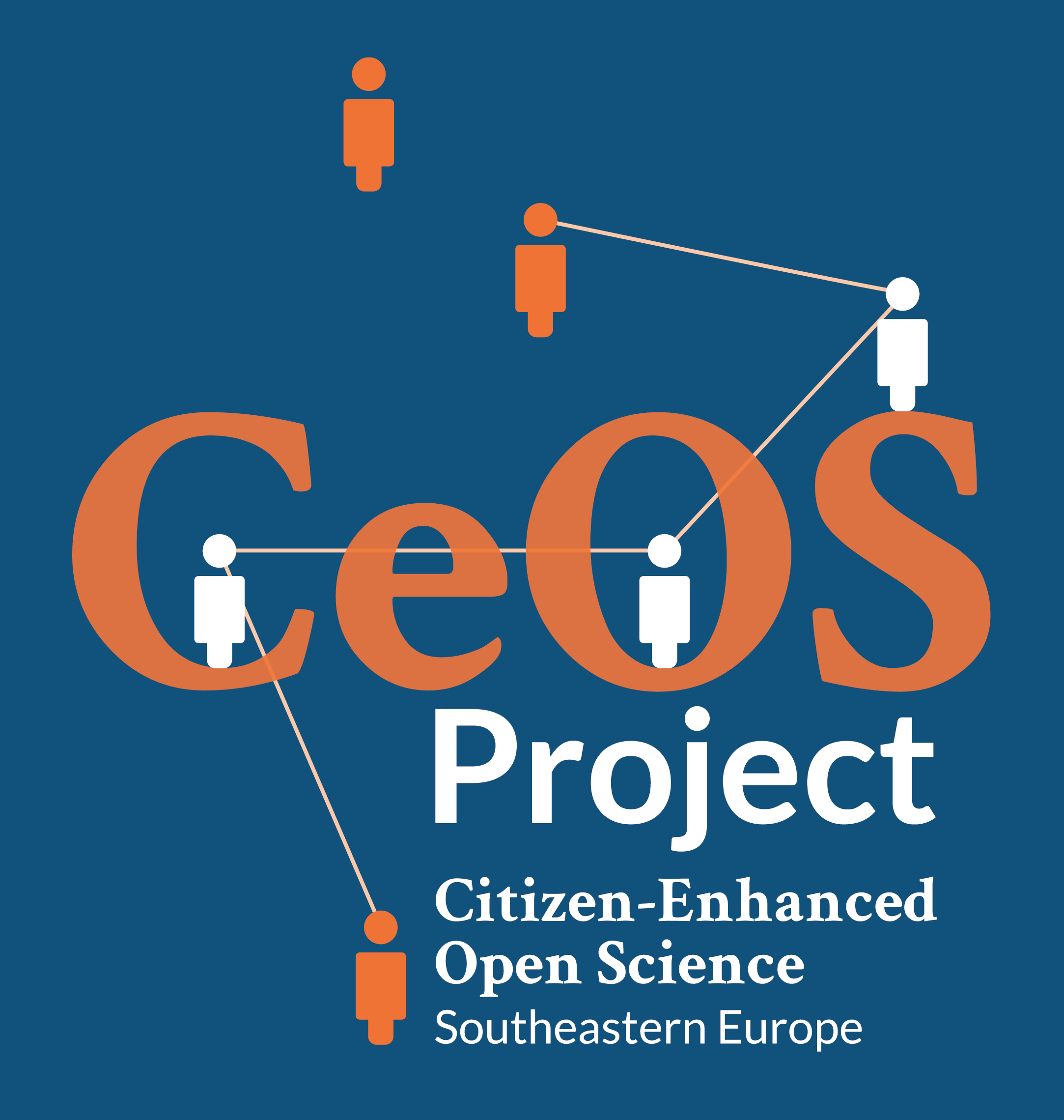The University of Library Studies and Information Technologies (ULSIT) situated in Sofia, Bulgaria is one of the leading universities in Bulgaria with modern and dynamic development and national and international recognition with 70 years of experience in the field of higher education. According to the Ranking System for the Higher Education Institutions in the Republic of Bulgaria, ULSIT is in second place among universities and is one of the most desirable among prospective students and the students are realized on the market quickly and in good and managerial positions.
ULSIT has accreditation in Bachelor, Master, and Doctoral degrees in four highly rated professional fields accredited by the National Evaluation and Accreditation Agency: Cultural Heritage, History and Archaeology (2.2. History and Archeology); Informatics and Computer Sciences (4.6 “Informatics and Computer Sciences”); National Security (9.1 “National Security”); Social Communications and Information Sciences (3.5 “Social Communications and Information Sciences). The university offers 15 Bachelor Degree Programs, 31 Master Degree Programs and 9 Doctoral (PhD) Degree Programs.
ULSIT provides full- and part-time training, as well as distance learning. ULSIT provides professional education and training and has joined the Program for Lifelong Learning and bilateral MSc programs based on the ECTS (European Credit Transfer System). Currently Distance Learning is supported in 1 Bachelor and 4 Master Degree programmes.
The University is accredited for the second time by one of the prestigious European accreditation agencies, namely the Agency for Quality Assurance and Accreditation Austria. ULSIT has 14 Master and 9 PhD Programs Accredited by AQAA – Austria The quality of education is ensured by highly-qualified lecturers and specialists with practical experience. Educational and special-subjects internship is provided and carried out at prestigious institutions, organizations and firms. ULSIT graduates are eligible to work in libraries, publishing houses, book-distribution companies, the state administration, information business, archives, museums, galleries and various other cultural institutions.










